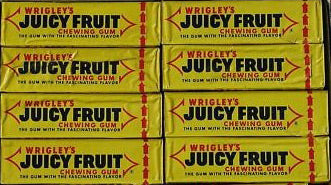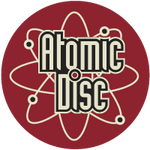What does UPC mean?
UPC is short for Universal Product Code and it is a widely used barcode symbology. There are several variations; the UPC-A, UPC-B, UPC-C, UPC-D, UPC-E, EAN/UPC etc... The most common for products in North America and Europe is the UPC-A which consists of 12 digits and a corresponding barcode. CDs, DVDs, vinyl records and cassettes use UPC-A.
Who uses UPCs?
UPCs have a wide range of uses. The most common is for retail stores utilizing barcode scanners to easily keep track of pricing and inventory.
Do you need a UPC?
If a CD, DVD, or vinyl record is to be sold via an online retailer such as CD Baby, Amazon etc., or in a record store that utilizes a barcode scanner, a UPC is necessary.
Most digital download stores and streaming services require a UPC number.
If you wish to register with SoundScan, a company that keeps track of music sales in the US and populate the Billboard charts, you'll need a UPC.
The only instances where you would not need a barcode is if your CD is only a promo to give away or you're only selling at your own shows and have no intentions of registering with SoundScan to keep track of your sales.
How can you get a UPC?
Luckily for you, Atomic Disc will provide you with a UPC barcode for FREE! (Unlike most of our competitors that will charge you $20 for it... :-)
Whenever you place an order on our website for a product that is eligible for a UPC barcode, you will have the option to state whether or not you want one. If you have already obtained a barcode from somewhere else, you can add your UPC number on our website and we will use that one.
Fun fact:
 The first UPC marked item to be scanned at a retail store was a pack of Wrigley's Juicy Fruit Gum. This historical event took place in Marsh supermarket in Troy, Ohio at 8:01 a.m. on June 26, 1974. This particular pack of gum is now on display at the Smithsonian Institution's National Museum of American History in Washington, D.C.
The first UPC marked item to be scanned at a retail store was a pack of Wrigley's Juicy Fruit Gum. This historical event took place in Marsh supermarket in Troy, Ohio at 8:01 a.m. on June 26, 1974. This particular pack of gum is now on display at the Smithsonian Institution's National Museum of American History in Washington, D.C.
If you wish to totally geek out on the history, encoding and formulas of UPCs, here is a Wikipedia article. :-)

Hello,
We purchased cd’s last year with the barcodes. The information for the code is not coming up. Do they need to be registered?